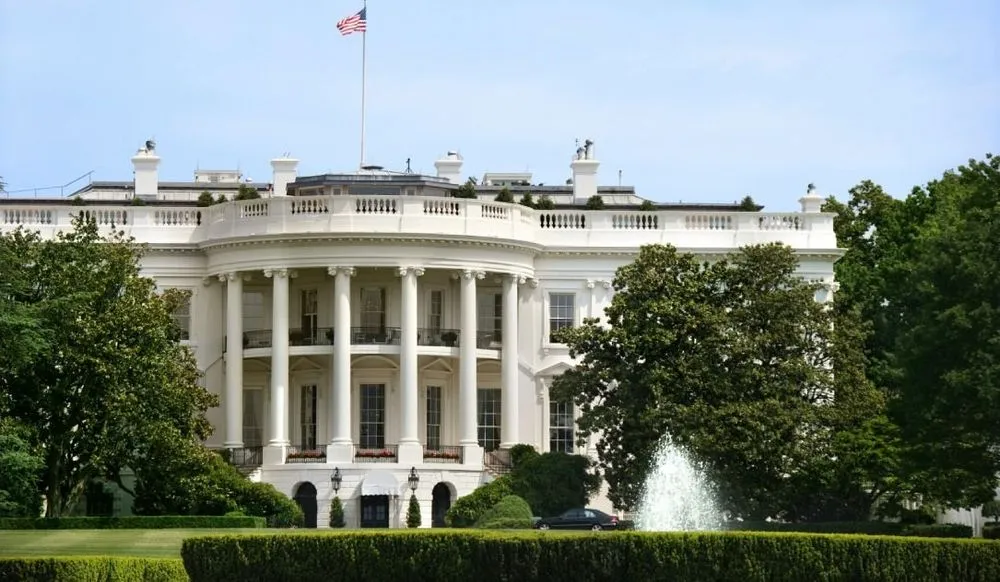Democrat members of US surveillance watchdog fired after refusing to resign
Updated at 4:05 pm EST with information about PCLOB members being terminated.
The Trump administration has terminated all three Democratic members of an independent intelligence watchdog, according to a source close to the agency.
The White House contacted the members of the Privacy and Civil Liberties Oversight Board (PCLOB) on Monday afternoon to inform them of the decision, this source said.
Travis LeBlanc, a cybersecurity lawyer serving his second PCLOB term and who was slated to stay on the board for several more years, confirmed the dismissals.
“Today, I regret that the board’s partisan shift will ultimately undermine not only the mission of the agency, but public trust and confidence in the ability of the government to honor privacy rights, respect civil liberties, honestly inform the public, and follow the law,” he said in a statement.
Today the White House told me that I have been removed from my Senate-confirmed position on the Privacy and Civil Liberties Oversight Board.
— Ed Felten (@EdFelten) January 27, 2025
“Oversight is tough work, but it is absolutely essential to accountability in a democracy,” he added.
Last week, the White House deputy director of presidential personnel sent LeBlanc and two colleagues an email demanding they submit resignation letters by close of business on January 23 or face termination.
The move was viewed by privacy and civil liberties advocates as an effort to incapacitate the agency, which needs at least three members to finalize policy recommendations on the U.S. national security apparatus or start new inquiries.
The White House did not ask Republican board member Beth Williams to resign. The fifth seat is vacant.
Monday’s decision raises a number of legal questions, including if the administration has the authority to dismiss the members.
Earlier in the day, an agency spokesman told Recorded Future News that all three Democrats “remain in their seats.”
Sharon Bradford Franklin, the board’s chair, was expected to step down when her term ends on Wednesday.
Edward Felten, who was appointed by Trump during his first administration, was also set to term out this week but could have used a provision in the agency’s statute to stay on for up to a year in order to give the administration time to name a replacement.
Despite the uncertainty, PCLOB late last week issued a report on how the federal government can improve some of the processes related to the terrorism watch list, which was originally launched in 2003.
Still, questions remain about what would happen to other key projects when the board goes “sub-quorum,” which it has done for several years in the past.
One of the largest initiatives is the board’s oversight of key elements to a data agreement reached between the U.S. and the European Union. That work includes an annual review of whether U.S. spy agencies are adhering to a Biden-era executive order that set certain parameters on surveillance activities.
Alexandra Reeve Givens, president and CEO of the nonprofit civil rights group Center for Democracy & Technology, condemned today’s firings as “outrageous and short sighted.”
“Not only does the board serve as a critical check on government surveillance powers, it allows American companies to move data effectively around the world,” she said. “This decision is bad for privacy, bad for personal freedoms, and bad for businesses.”
In a statement, PCLOB spokesman Alan Silverleib said the agency “has significant ability to continue functioning with its full staff and remaining Member Beth Williams to continue the board's important mission, including its advice and oversight functions, and its current projects.
"The board looks forward to moving ahead on additional projects formally following the nomination, confirmation, and appointment of new members,” he added.
Martin Matishak
is the senior cybersecurity reporter for The Record. Prior to joining Recorded Future News in 2021, he spent more than five years at Politico, where he covered digital and national security developments across Capitol Hill, the Pentagon and the U.S. intelligence community. He previously was a reporter at The Hill, National Journal Group and Inside Washington Publishers.



